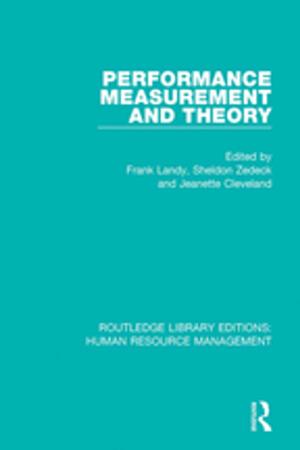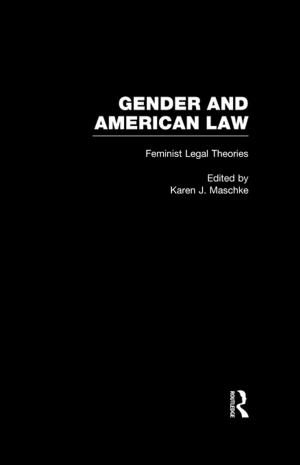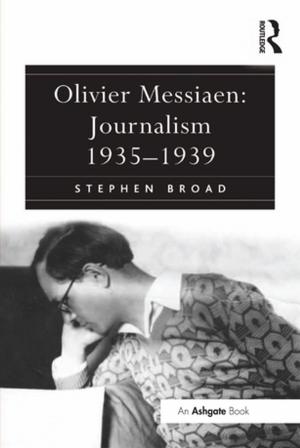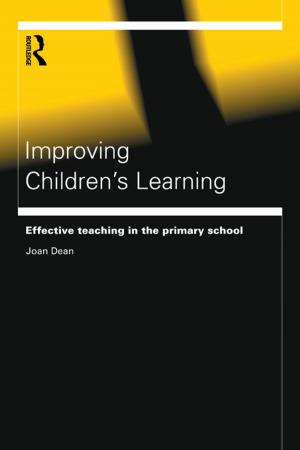Teaching with DBQs
Helping Students Analyze Nonfiction and Visual Texts
Nonfiction, Reference & Language, Education & Teaching, Educational Theory, Curricula, Secondary Education, Teaching, Teaching Methods| Author: | Kevin Thomas Smith | ISBN: | 9781351712309 |
| Publisher: | Taylor and Francis | Publication: | March 9, 2018 |
| Imprint: | Routledge | Language: | English |
| Author: | Kevin Thomas Smith |
| ISBN: | 9781351712309 |
| Publisher: | Taylor and Francis |
| Publication: | March 9, 2018 |
| Imprint: | Routledge |
| Language: | English |
Help your students navigate complex texts in history and social studies. This book shows you how to use document-based questions, or DBQs, to build student literacy and critical thinking skills while meeting rigorous state standards and preparing students for AP exams. DBQs can be implemented year-round and can be adjusted to meet your instructional needs. With the helpful advice in this book, you’ll learn how to use DBQs to teach nonfiction and visual texts, including primary and secondary sources, maps, and paintings. You’ll also get ideas for teaching students to examine different points of view and write analytical responses. Topics include:
-
Using the SOAPSETone (Speaker, Occasion, Audience, Purpose, Subject, Evidence and Tone) technique to to analyze visual and nonvisual texts;
Teaching students to distinguish between primary and secondary sources;
Working with multiple texts and learning to recognize the relationships between them;
Formulating DBQs to suit different types of assessment, including short-answer questions, multiple-choice questions, and in-class essay prompts;
Evaluating student responses and providing constructive feedback.
Help your students navigate complex texts in history and social studies. This book shows you how to use document-based questions, or DBQs, to build student literacy and critical thinking skills while meeting rigorous state standards and preparing students for AP exams. DBQs can be implemented year-round and can be adjusted to meet your instructional needs. With the helpful advice in this book, you’ll learn how to use DBQs to teach nonfiction and visual texts, including primary and secondary sources, maps, and paintings. You’ll also get ideas for teaching students to examine different points of view and write analytical responses. Topics include:
-
Using the SOAPSETone (Speaker, Occasion, Audience, Purpose, Subject, Evidence and Tone) technique to to analyze visual and nonvisual texts;
Teaching students to distinguish between primary and secondary sources;
Working with multiple texts and learning to recognize the relationships between them;
Formulating DBQs to suit different types of assessment, including short-answer questions, multiple-choice questions, and in-class essay prompts;
Evaluating student responses and providing constructive feedback.















